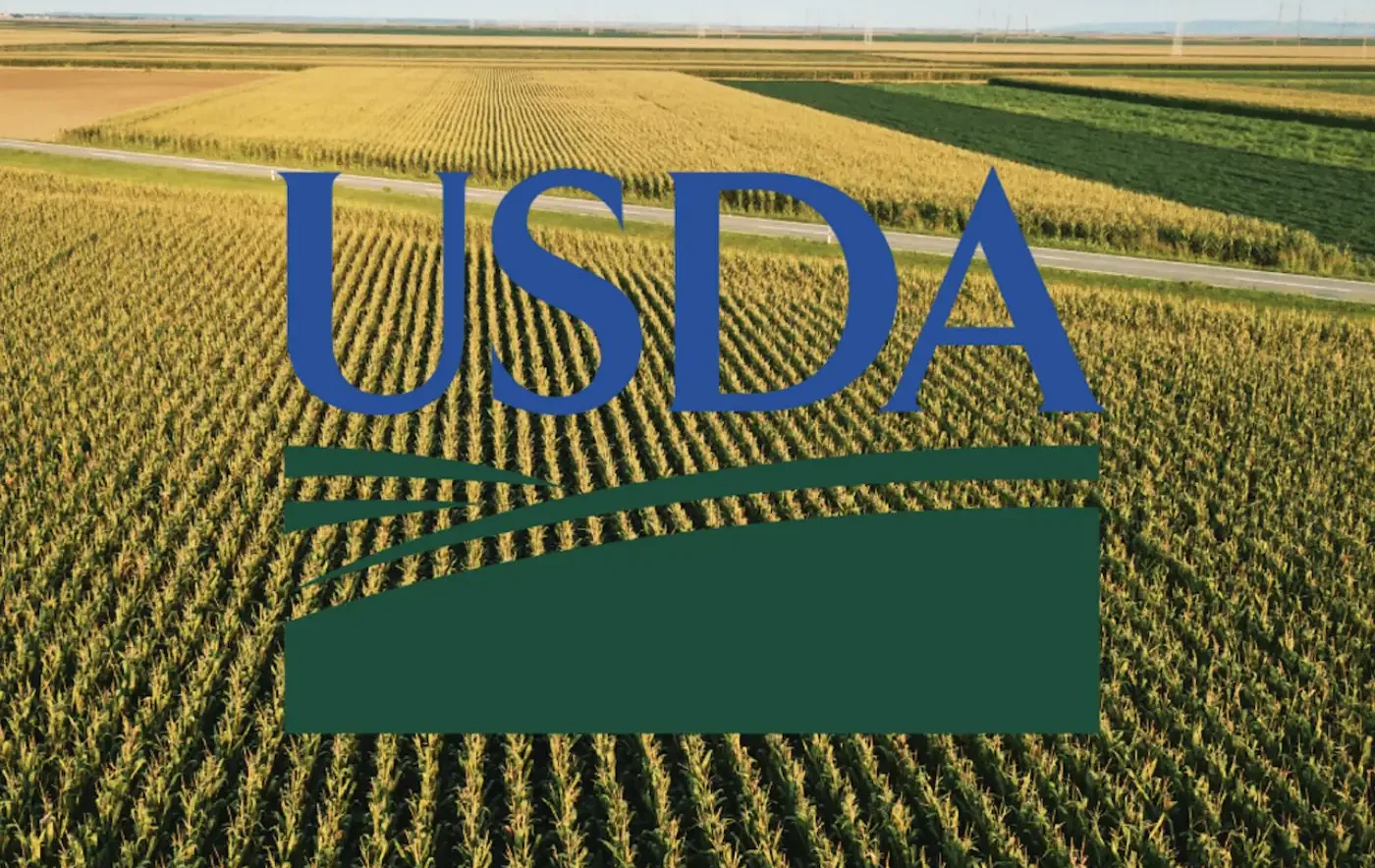New directives limit joint work with foreign nationals in agricultural science
The U.S. Department of Agriculture (USDA) has introduced a set of directives aimed at enhancing security around agricultural research by placing restrictions on collaborations involving foreign nationals. The measures, issued in a memo earlier this month, require employees and funding recipients to disclose any contractual ties with foreign entities and certify they are not involved in foreign talent recruitment programs deemed risky to national interests.
These guidelines are part of the USDA’s “National Farm Security Action Plan,” which aims to strengthen domestic manufacturing, production, and agricultural research. As part of the policy’s enforcement, the USDA ended contracts with around 70 researchers this month who were connected to countries identified as concerns, such as Syria, South Africa, Cuba, and Venezuela.
Academic institutions face challenges under new rules
The changes have raised concerns among scientists and academic institutions that regularly collaborate with the USDA on issues like biotechnology, food safety, and crop productivity. Many researchers emphasize that such restrictions could delay scientific progress and hinder the professional development of early-career scientists, especially those on temporary visas or with permanent residency.
According to the National Science Foundation, foreign-born professionals represent a significant share of the workforce in biological and agricultural sciences. The new policy also requires prior approval for coauthoring papers with foreign nationals and bans the recruitment of international researchers without formal review.
Balancing security and innovation
While federal officials argue the changes are essential to protect national food systems, others warn the policies may slow innovation and international scientific exchange. Researchers across the country highlight the need for global collaboration to address complex agricultural challenges such as climate change, drought resilience, and disease management in crops.
As the implementation continues, institutions are evaluating how to adapt their research environments while maintaining compliance and scientific integrity.







